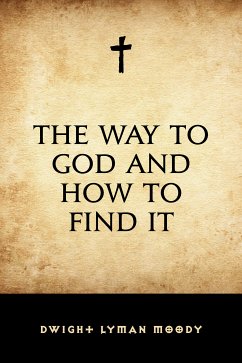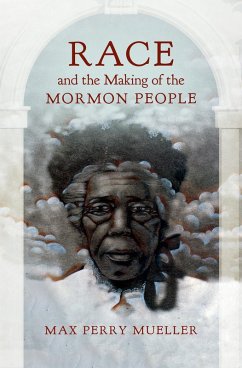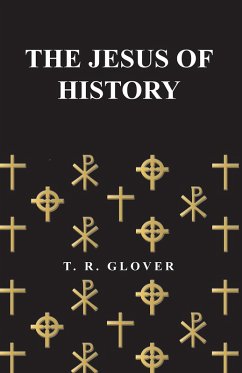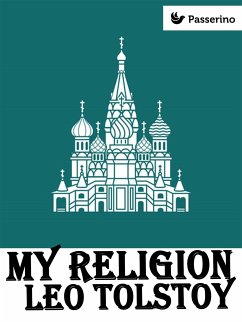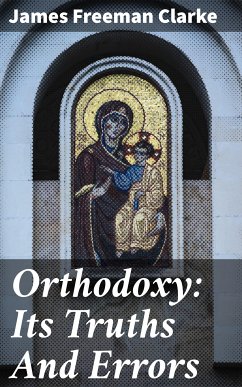
The Way to God and How to Find It (eBook, ePUB)

PAYBACK Punkte
0 °P sammeln!
In "The Way to God and How to Find It," Dwight Lyman Moody presents a compelling exploration of Christian faith and personal salvation. Written in an accessible and engaging style, this work employs a blend of scripture and practical advice that reflects Moody's deep belief in the transformative power of faith. Amidst the revivalist movements of the late 19th century, this book emerges as a beacon of hope, guiding readers toward a personal relationship with God and a clearer understanding of Christian teachings. Moody's writing is marked by clarity and conviction, making profound theological i...
In "The Way to God and How to Find It," Dwight Lyman Moody presents a compelling exploration of Christian faith and personal salvation. Written in an accessible and engaging style, this work employs a blend of scripture and practical advice that reflects Moody's deep belief in the transformative power of faith. Amidst the revivalist movements of the late 19th century, this book emerges as a beacon of hope, guiding readers toward a personal relationship with God and a clearer understanding of Christian teachings. Moody's writing is marked by clarity and conviction, making profound theological ideas approachable for a diverse audience. Dwight Lyman Moody, a prominent American evangelist and publisher, was instrumental in shaping the modern evangelistic movement. His own spiritual journey, transitioning from a humble beginnings in rural Massachusetts to becoming a sought-after preacher, deeply influenced his perspectives on faith and salvation. Moody's experiences with the challenges of 19th-century urban life informed his belief that everyone, regardless of their background, could find a path to God, driving him to write this pivotal volume. For readers seeking spiritual clarity or those embarking on their own faith journeys, "The Way to God and How to Find It" is an invaluable resource. Moody's blend of heartfelt exhortation, theological insight, and practical steps fosters a rich and encouraging atmosphere, making this book a powerful companion for anyone yearning for a deeper understanding of their relationship with God.
Dieser Download kann aus rechtlichen Gründen nur mit Rechnungsadresse in A, B, BG, CY, CZ, D, DK, EW, E, FIN, F, GR, H, IRL, I, LT, L, LR, M, NL, PL, P, R, S, SLO, SK ausgeliefert werden.




